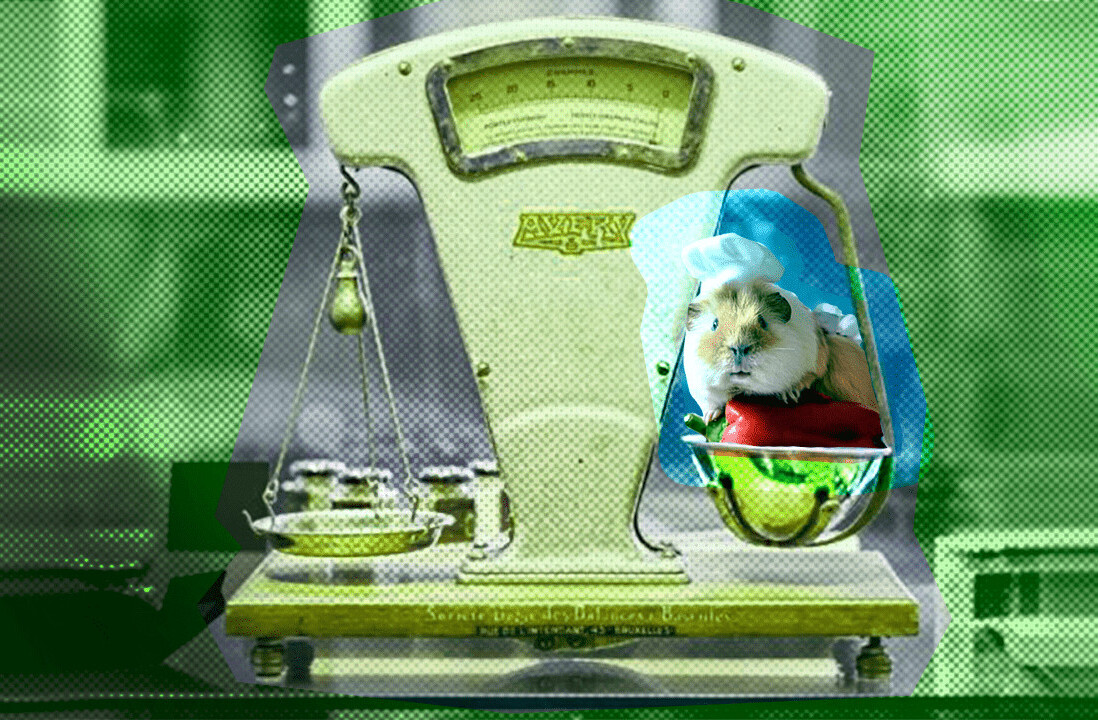
In Denmark, where my company started, flat hierarchies are an intrinsic part of the culture and an essential component of our workplaces. Feeling equal to and supported by your coworkers, across all roles and levels, is essential to a close culture, but especially during a time of uncertainty.
As a global organization, the core values of a flat hierarchy — like transparency and inclusion — are key across our various locations, and it’s important to us that we scale these values as we grow.
We’ve started by choosing to forgo the establishment of a formal headquarters. We don’t place Copenhagen or New York City above our other locations, and instead use Zoom as a central meeting point. That helps make our corporate structure inclusive and flat across nationalities.
[Read: Most mobile apps suck — here’s how to fix them]
Creating flat hierarchies begins at lunchtime
We’re constantly looking for new ways to express our core values and there’s no better way to physically enable a flat hierarchy than by sharing a meal together — which is why we facilitate our values of transparency and inclusion through communal lunches.
Whether you’re a C-level leader or an individual contributor, we’re all equal at the lunch table and take equal responsibility — for example, our CEO isn’t afraid to wash the dishes. We believe that providing employees with a healthy lunch to enjoy together is more than just a means to a flat hierarchy, it’s essential for overall happiness and productivity.
Employees who are comfortable with and feel respected by their colleagues are more likely to join other social groups, like intramural sports teams and company clubs. When you socialize, you build trust with one another and better understand your differences. You become more open-minded and less judgmental. And when employees feel included and enjoy their time at work with colleagues they care about, productivity and engagement soar.
Communal lunches are essential for growing companies
A vibrant company culture is important, especially for companies transitioning from a startup to a larger organization. As our company grows, we have to determine which parts of our culture are scalable, and right now, we’re focusing on cultural characteristics that create respect among employees, i.e., how we treat each other and how we engage with other people.
The ability to do these things well starts with employees spending time together, allowing connections to happen organically by sharing a meal.
To maintain these characteristics as we grow, we hire for cultural fit. We look for candidates at all levels who will continue to support and contribute to the close culture we’ve already cultivated, which includes socializing and communal lunches.
Protecting your culture during a crisis
Communal lunches might be out of the question during this time of uncertainty, but that doesn’t mean employee morale and relationships should suffer. It’s important to identify strategies to make sure your culture remains resilient even in the midst of global and economic volatility.
For example, we normally scheduled company-wide happy hours on Friday, but due to the current pandemic and resulting self-isolation, we’ve implemented a virtual Friday happy hour. We invite employees to log on and say cheers, even if they can only pop in for five minutes. We host these virtual happy hours across time zones, logging on five hours later to cheers our US colleagues.
Even though we’re physically separated (for now), it’s critical to communicate and show your employees that company culture is alive and well. After the crisis passes, your employees will look back at this time and consider how well they were treated and whether the company’s culture was resilient enough. Virtual hangouts strengthen employee connections and provide stability during periods of uncertainty.
The bottom line: invest in your people, especially during this period because they’ll eventually leave if they don’t feel supported.
Flat hierarchies bring understanding back to the workplace
At Templafy, we’ve implemented communal lunches since day one, and we’re doing everything we can to preserve this practice as we grow. Now more than ever, it’s critical to maintain these traditions and continue to scale the flat hierarchy that is so important to us.
Ego, career moves, and promotions create divisions, but the act of socializing and flat hierarchies encourage understanding, especially for employees at a global company. And the more we understand each other, the better.
So you like our media brand Growth Quarters? You should join our Growth Quarters event track at TNW2020, where you’ll hear how the most successful founders kickstarted and grew their companies.
Get the TNW newsletter
Get the most important tech news in your inbox each week.




